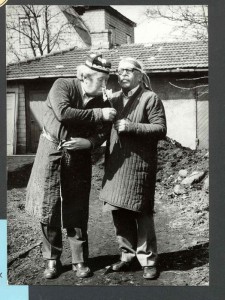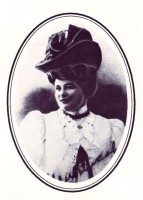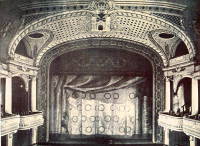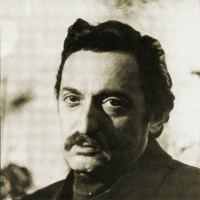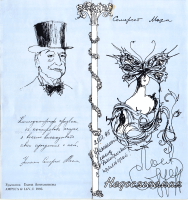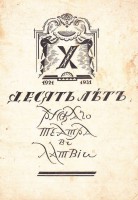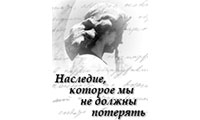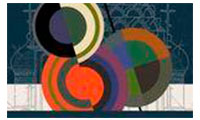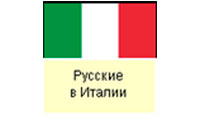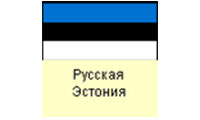Riga Russian Theatre – Traditions and Today
The Russian Theatre in Riga was founded on 2 October 1883. To start with it did not have its own building. At the beginning of the 20th Century the Riga city authorities decided to build a new theatre building. Thus, following the 1st City (German) theatre the 2nd City Theatre – Russian appeared in Riga.
In 1902 well-known producer Konstantin Nezlobin arrived in Riga. Under his management the Russian Theatre became an important part of the cultural life of Riga. It was the start of the golden age of Russian theatre in Riga. The Theatre and Music magazine wrote in 1923 about the beginning of XX century: ‘Latvians, Poles, Jews, even Germans … have begun to visit the Russian Theatre more and more frequently and with growing interest…’ However, in 1915 Riga had become a city on the front line and theatre life died out.
It was not until 1922 that the Russian Theatre resumed its work. Many great actors and writers who had emigrated flocked to the theatre. The theatre’s stage held performances by A. N. Tolstoy, A. Averchenko, Taffy and others. Russian dramatists were invited to guest performances in Berlin, Copenhagen, Stockholm … In spite of the huge audiences, there were complications with the theatre’s finances. In 1925 the theatre found itself close to bankruptcy. In 1927, to support the theatre, the Society of Guarantors of the Russian Theatre was formed, headed by Member of the Saeima (Parliament), M. Kallistratov. In 1935 the Society of Friends of the Russian Theatre was formed, which took the theatre under its wing.
1940 altered the familiar life of the theatre. It acquired state status and became one of many Russian theatres in the ‘national’ republics of the USSR. Although the policy concerning its repertoire came under ideological control, the traditions that had come about earlier within the troupe managed not only to be preserved but also handed down to the next generations of directors and actors. The Riga Theatre of Russian Drama was rightly considered to be among the most freedom-loving theatres in the USSR.
Since independence was restored to Latvia in 1991 the Russian Theatre has embarked on a quest to find new creativity, initiated by its director, Eduard Tsekhoval. Its repertoire has become more varied. Its productions attract the interest not only of the Russian but also of the Latvian public. While remaining Russian in language and traditions, the theatre has become an irreplaceable part of the culture of Latvia. The Russian Theatre in Riga is financed by the Latvian state.
Русский театр в Риге: 1883-1912
Десять лѣтъ Театра Русской Драмы въ Ригѣ
Пятнадцать лѣтъ Русскаго Театра въ Латвіи
Светлана Видякина. Благотворители. - Покровское кладбище. Слава и забвение. - Рига, 2004
Татьяна Власова. ...Тень большой режиссерской руки...
Татьяна Власова. Монолог в диалоге
Наталья Лебедева. «Лес» и его обитатели
Наталья Лебедева. «Я прирастаю к тебе...»
Наталья Лебедева. "Я нашла свой любимый театр..."
Наталья Лебедева. Уроки гармонии
Дмитрий Март. Чеховский уголок
Виктор Подлубный. Две тайны Общества гарантов Русского театра
Елена Слюсарева. «Онегина» ставить не будем»
Наталья Лебедева. Новинки сезона
Наталья Лебедева. Русский театр как зеркало природы


